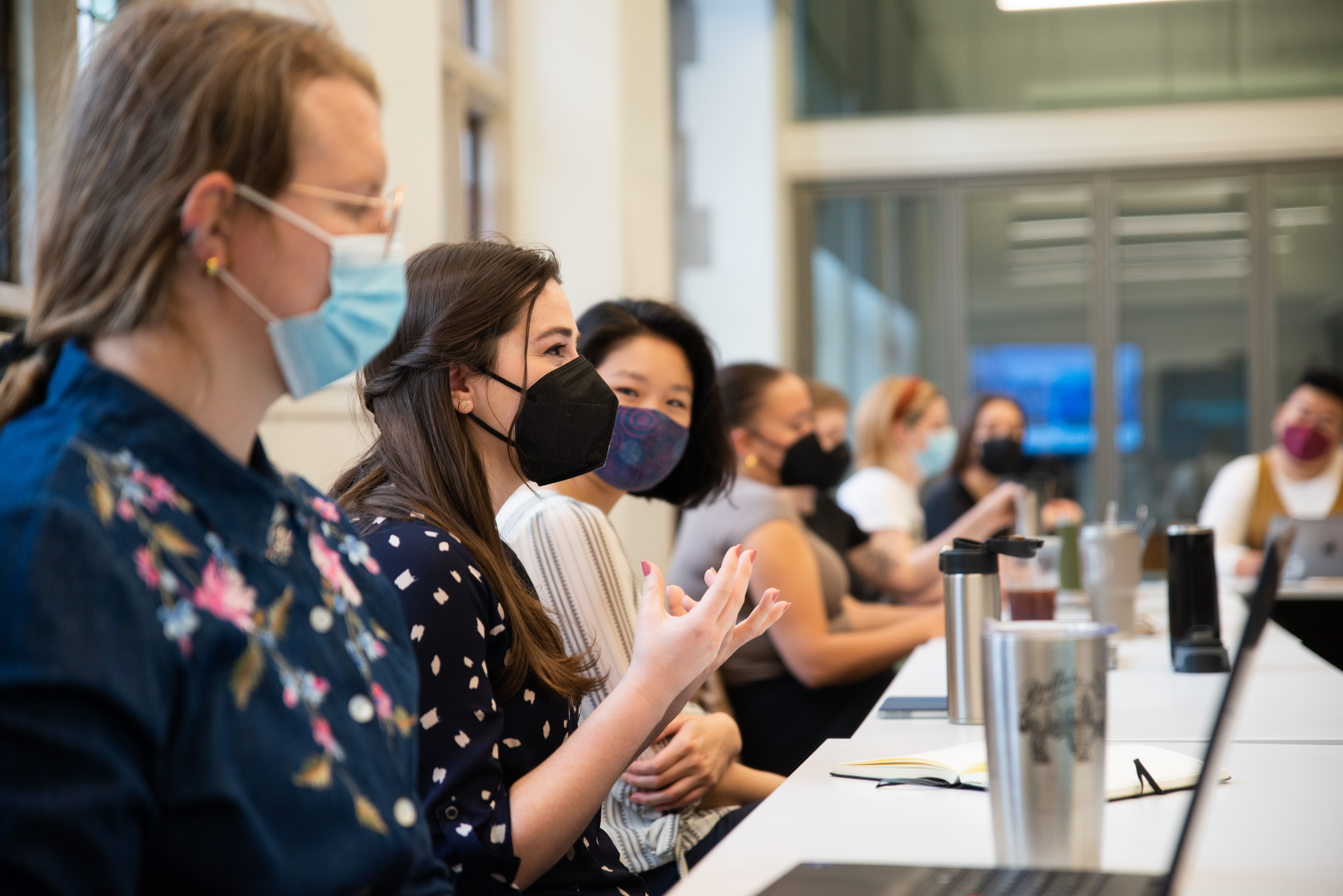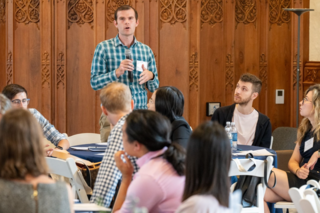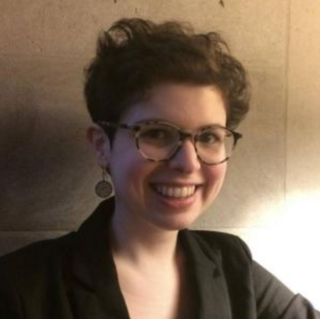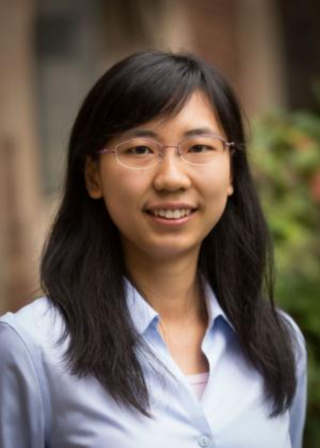Overview
The Certificate of College Teaching Preparation (CCTP) is an opportunity for Yale Graduate Students, Professional Students, and Postdoctoral Scholars to complete a comprehensive training program in effective college teaching. Participants are responsible for keeping track of their participation in programs. Our full list of requirements includes workshop attendance and the creation of a teaching portfolio.
The best way to keep updated on CCTP-related opportunities and events is to subscribe to our newsletter, which circulates between late August and early May! Graduate and professional students are automatically subscribed – but if you’re a postdoctoral scholar or think you might have been left off the list, here’s how to subscribe:
- Visit Yale Email Subscriptions.
- Sign in using your CAS credentials.
- Using the search bar, look for “CTL Graduate and Postdoctoral Teaching.”
- Select “Subscribe.”
Those teaching in language and literature departments are encouraged to consult the Center for Language Study website for information about the Certificate in Second Language Acquisition.



